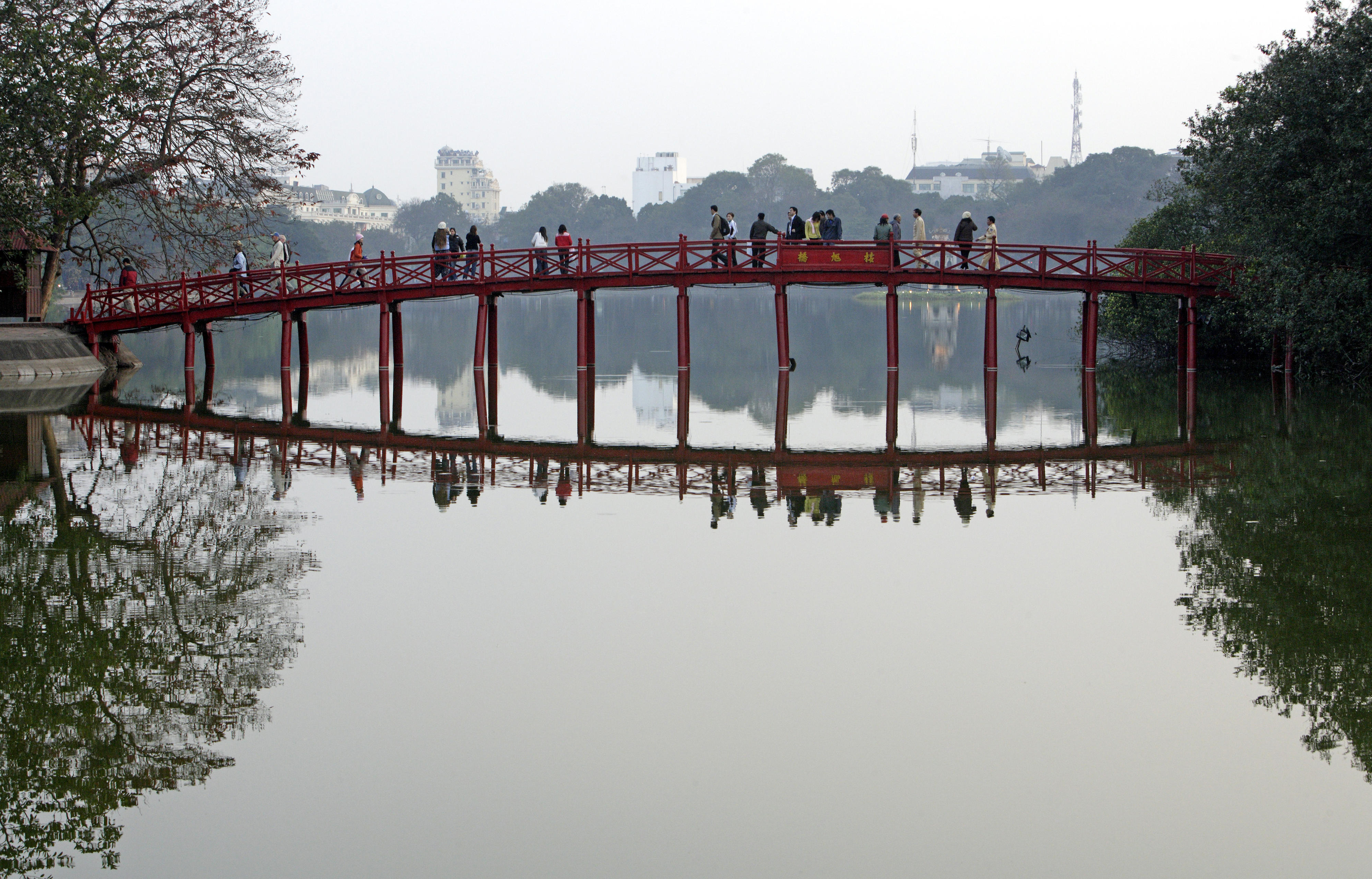China
China's role in the sphere of development cooperation has changed – from a recipient of Western aid to an important lender for nations in Africa and Asia.
The standards and values which China applies in its cooperation with developing and emerging economies do not fully coincide with those of the German government. For instance, in China's development activities economic considerations often take precedence over human rights aspects and over the focus on social and environmental sustainability. In its relations with China, Germany is calling systematically for respect for universal values and standards.
In the view of the Federal Ministry for Economic Cooperation and Development (BMZ), China's new role also offers opportunities, provided that China takes account of sustainability issues and partner countries' debt sustainability in its international activities, for example in Africa.
Development cooperation ended in 2010
Traditional bilateral development cooperation between Germany and China, with regular commitments from the BMZ budget, was already ended in 2010. Since then, commitments have only been made occasionally, mainly for the Sino-German Center for Sustainable Development and for a project to support the German-Chinese Rule of Law Dialogue.
Developing country status
According to the definition used by the Development Assistance Committee (DAC) of the OECD, which is based on World Bank data on per capita income, China is still considered a developing country. It is likely to lose this formal status in a few years' time as a result of its economic development. China already has vast political, economic, military and technological resources that go far beyond those of a typical developing country.
In 2010, the BMZ de facto stopped treating China as a developing country. It has been calling on China to take on responsibility within the international system and to make contributions towards resolving global challenges.
Triangular cooperation with China
Triangular cooperation projects with China pool the strengths of German and Chinese activities for the benefit of third countries. Germany and China make contributions of equal value to these projects, which meet high international standards.
The projects' main purpose is to have an exchange about standards and regulations. Simultaneously, they improve the German government's knowledge about China's development cooperation system and facilitate contact with players in China's university and civil society arenas.
At present (as at March 2024), two triangular cooperation projects are under way: support for sustainable production in Ethiopia's textile sector and carbon-neutral tea production in Kenya. Since 2010, Germany has contributed 1.8 million euros to triangular cooperation projects in support of third countries.
SDG trends for China
- On track or maintaining SDG achievement
- Moderately improving
- Stagnating
- Decreasing
- Trend information unavailable


















